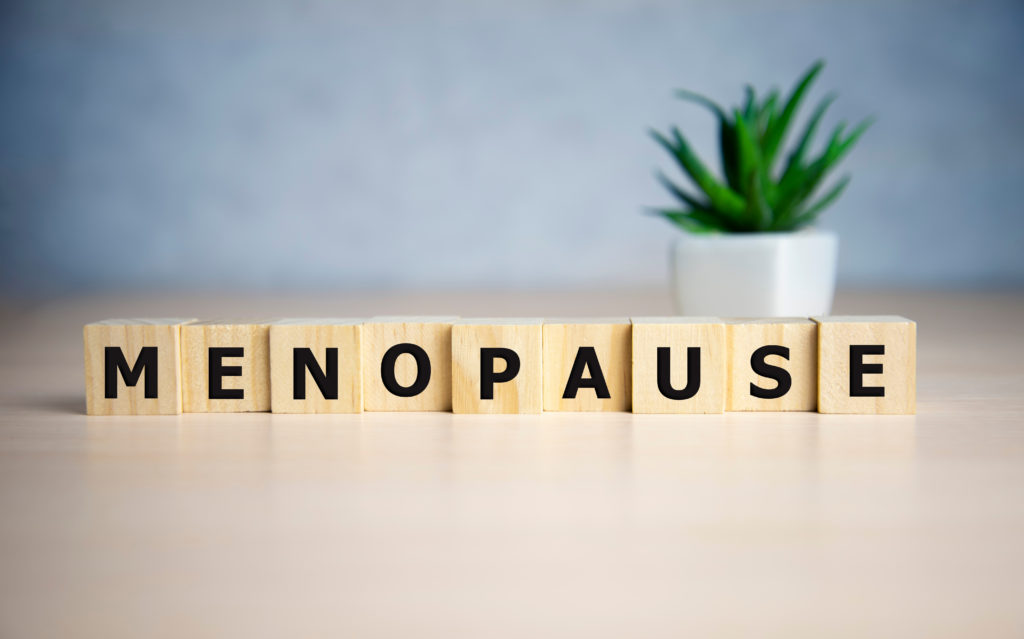
Out of sight, out of mind, as the saying goes. And if you’re a woman in early middle age, menopause is not something you may be thinking about now.
When it does happen, many women are not prepared for menopause’s mean little sister — perimenopause — which can start earlier than you’d expect.
What Are Menopause and Perimenopause?
Menopause is defined as the time when menstruation permanently stops as a result of declining reproductive hormones, averaging around the ages of 51 and 52. But it takes years of hormonal fluctuations until your body arrives at menopause. This transition is called perimenopause, meaning “around menopause.”
During this time, estrogen levels rise and fall, resulting in hot flashes, poor sleep, and mood changes, explains Heidi Weinhold, a naturopathic doctor with expertise in women’s health.
“Perimenopause symptoms can last anywhere from two to 10 years,” she says. “While it is more common for those in their 40s, it may be noticeable to some in their mid-30s.”
Unfortunately, there’s no test to detect when perimenopause has begun. Women under 40 with menopausal symptoms can have their Follicle-Stimulating Hormones (FSH) levels checked, says Dr. Weinhold, to provide their doctor with diagnostic clues to help with evaluation.
What to Expect and More About Menopause
There’s a lot to learn about menopause, and each woman’s journey is different. Like mother like daughter isn’t always the case, though. While genetics can play a role in the timing of menopause, they’re not a strong predictor of symptoms.
“Just because your mother had a difficult experience does not mean that you necessarily will,” says Weinhold. She says lifestyle choices and environmental factors are equally important elements. For example, a 2016 study showed that women who exercised three times a week reported a reduction in their menopausal symptoms and an improved quality of life.
Simply changing your diet can also be a big help. Sugar, alcohol, and caffeine have been shown to make hot flashes and mood swings worse.
Looking for more information about menopause and what you can do to navigate it? Discover natural ways to relieve hot flashes with homeopathy, and what to do if menopause impacts your sleep.







3 thoughts on “Menopause: When It Really Starts and Other Surprising Facts”
Thanks
I am new to homeopathy and had someone suggest it. I am in my mid 60’s and am experiencing terrible vaginal dryness. It has been getting worse, first noticing it about 4 years ago. If it relevant, I also have digestive and constipation issues for which I take some natural products that keep it in check. I don’t have any other menopausal symptoms. I have been using a natural lubricant named AH Yes for lubrication which doesn’t seem to be doing much. What do you suggest?
Hello Liz, homeopathic treatments for chronic conditions are very specific to each patient. There may be a homeopathic treatment that addresses your condition, but we recommend consulting a practitioner knowledgeable in homeopathy. If you do not have a practitioner, please contact the National Center for Homeopathy at info@homeopathycenter.org or visit http://www.homeopathycenter.org.